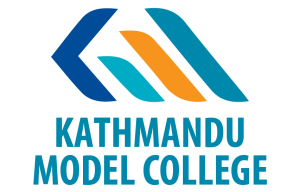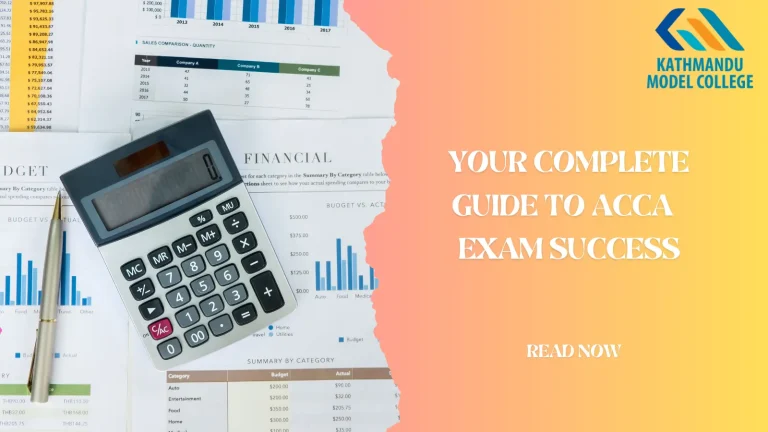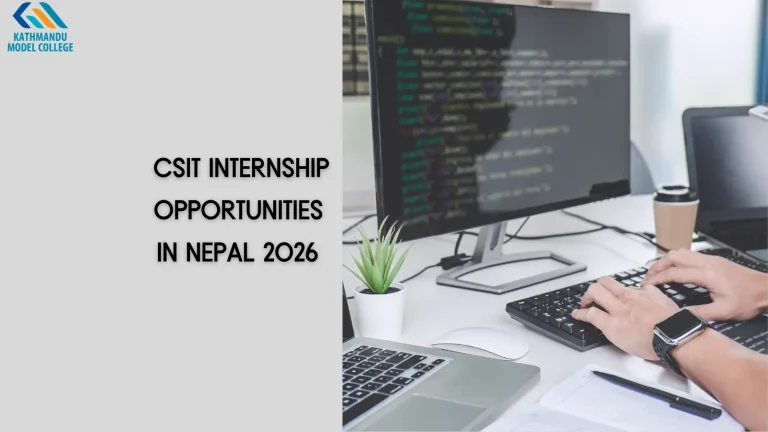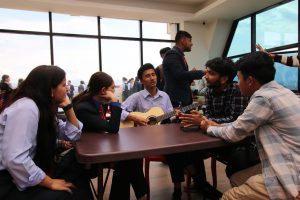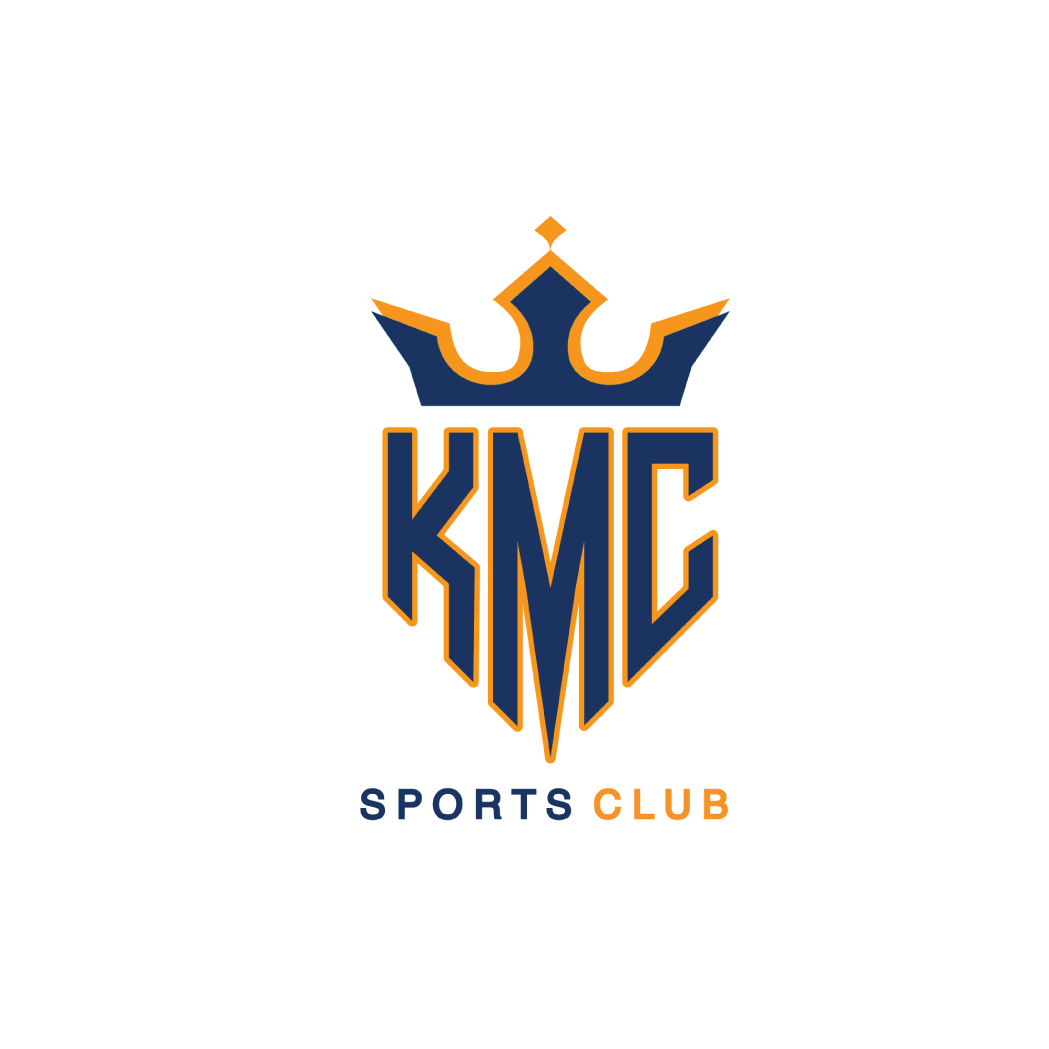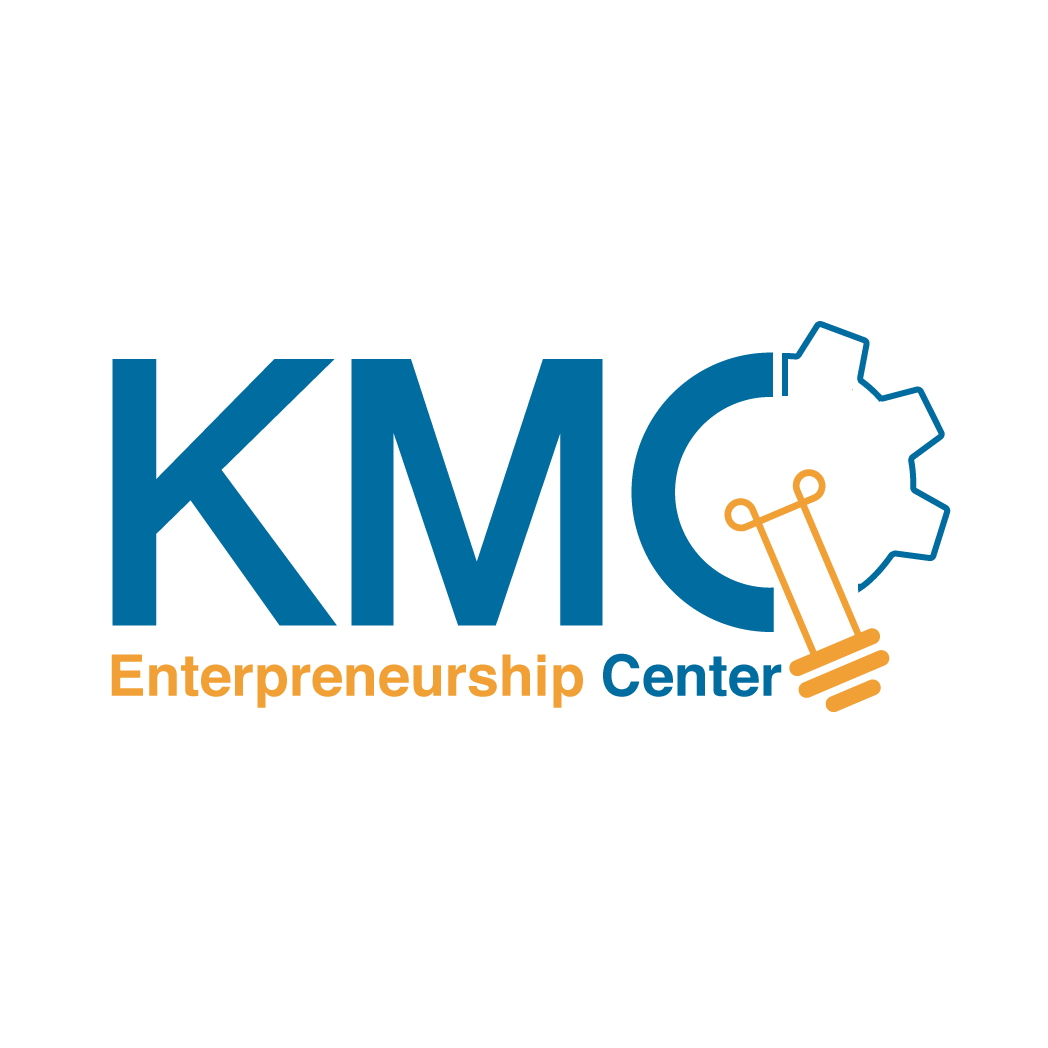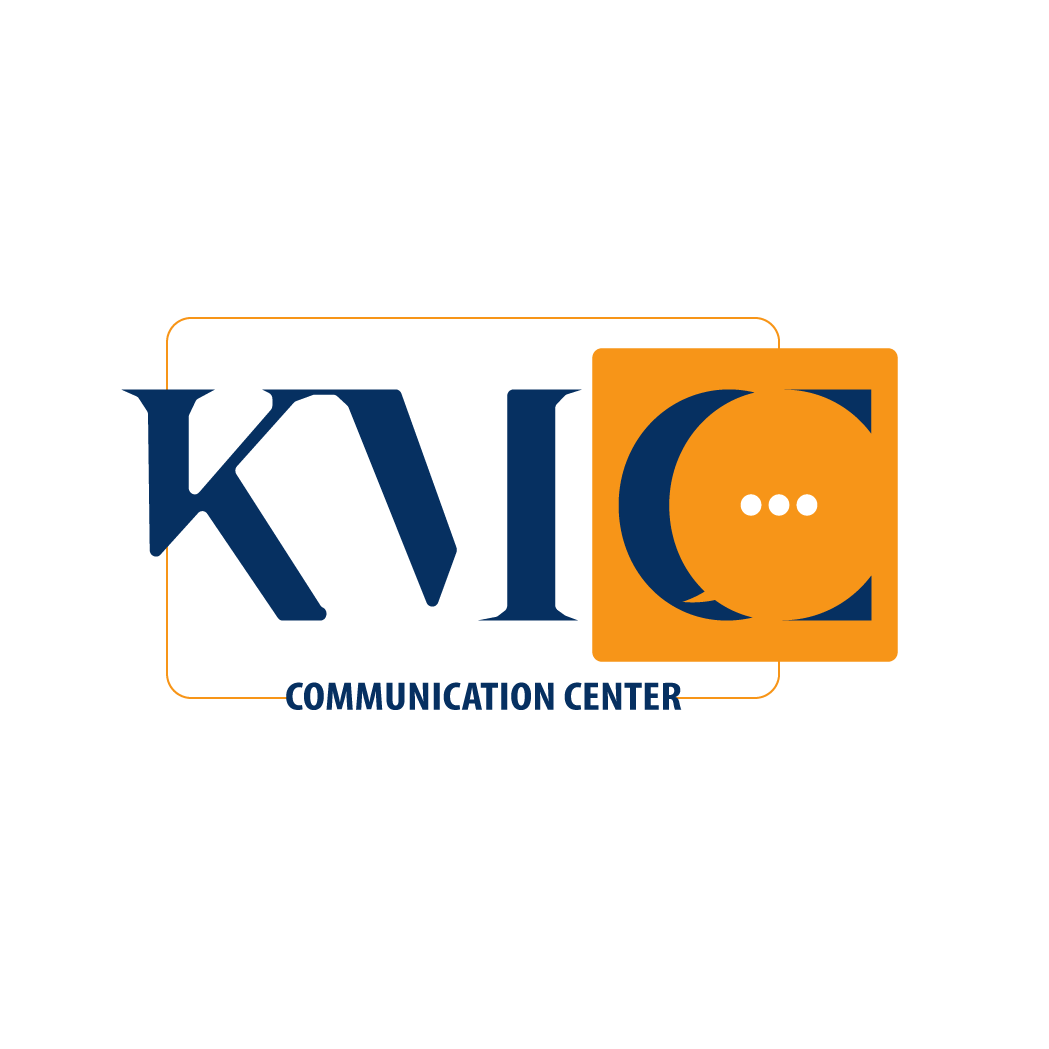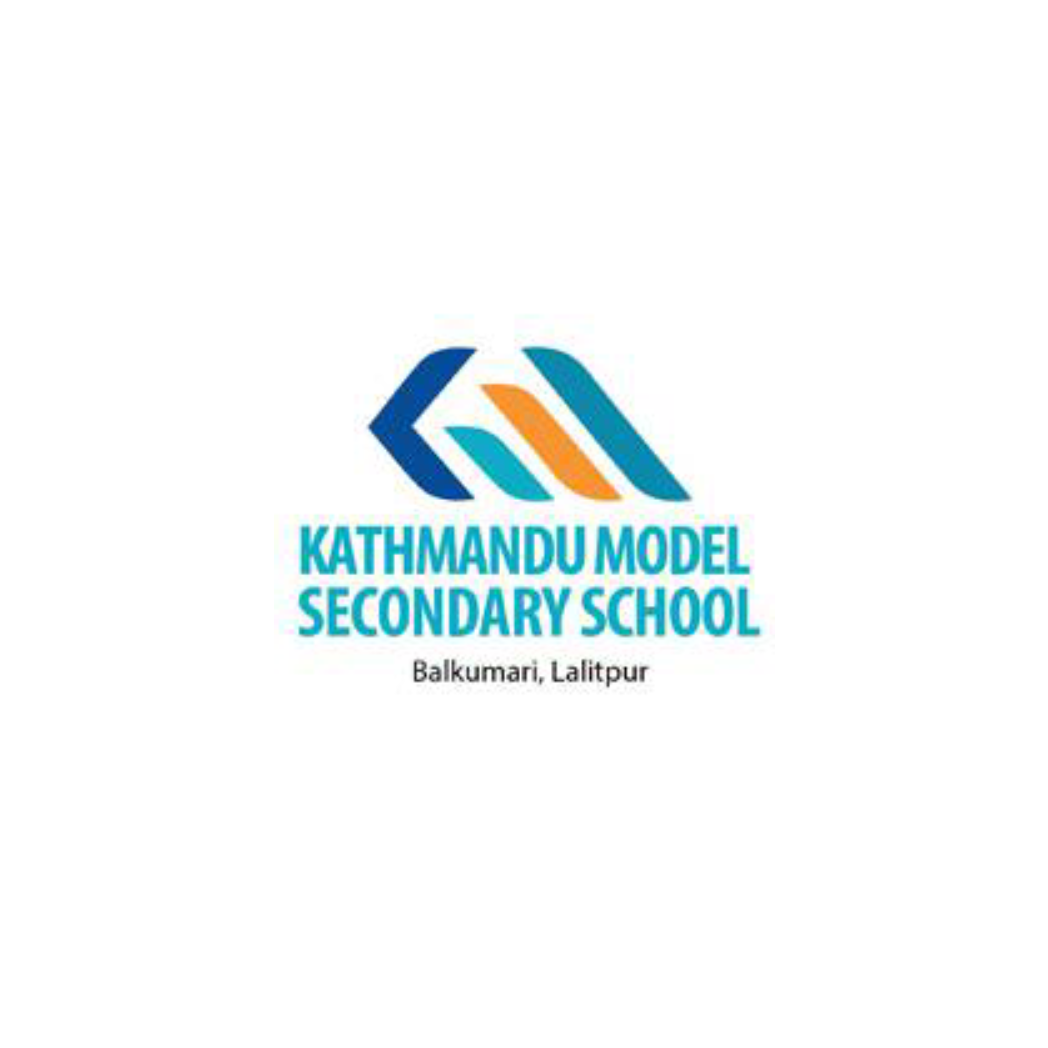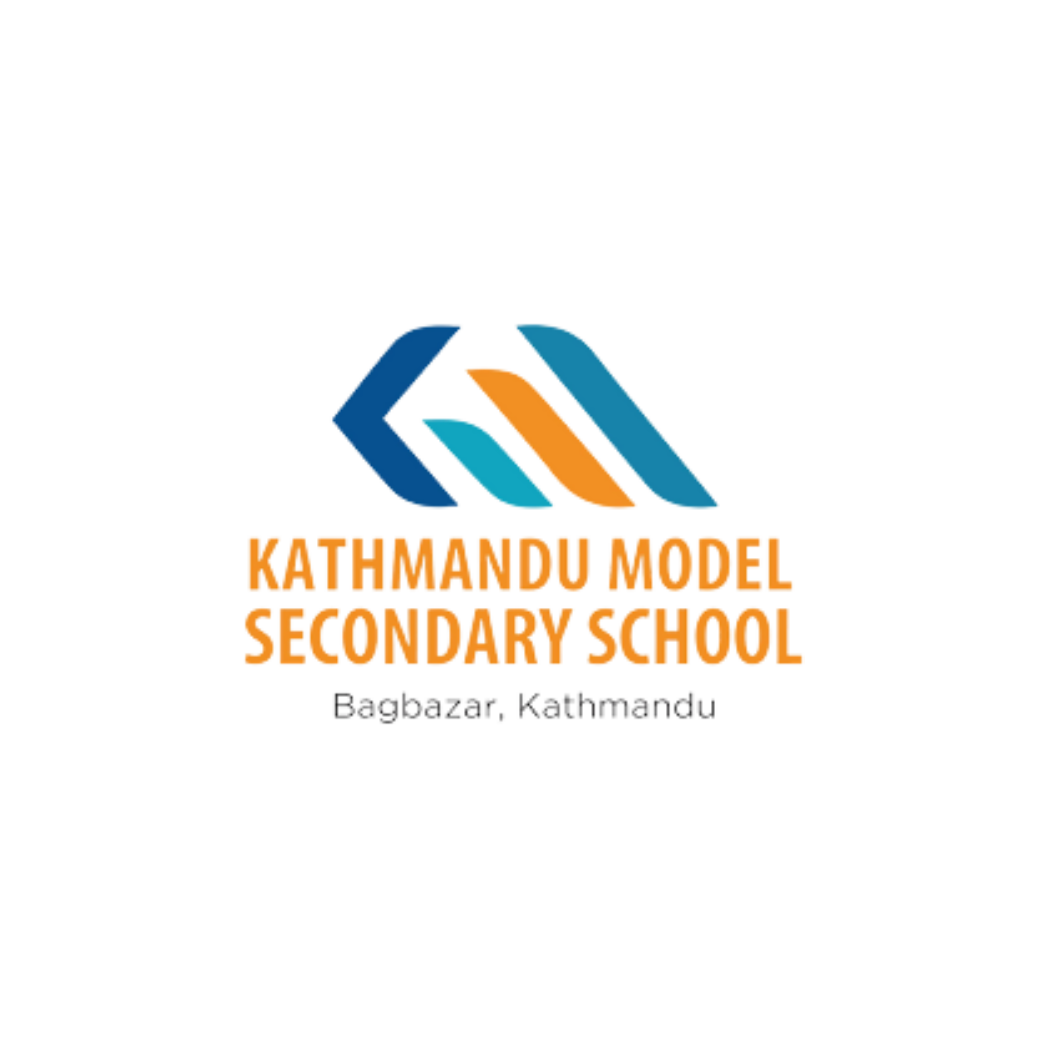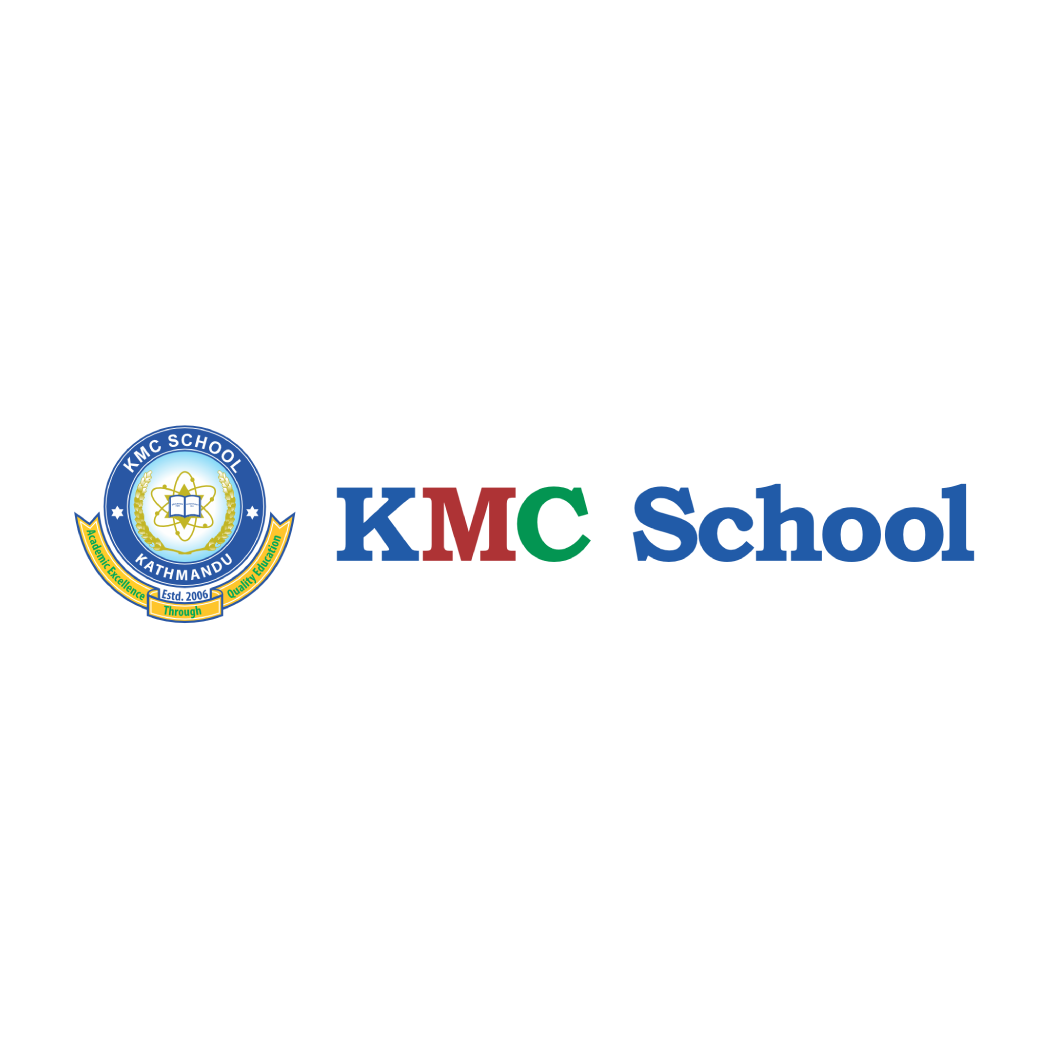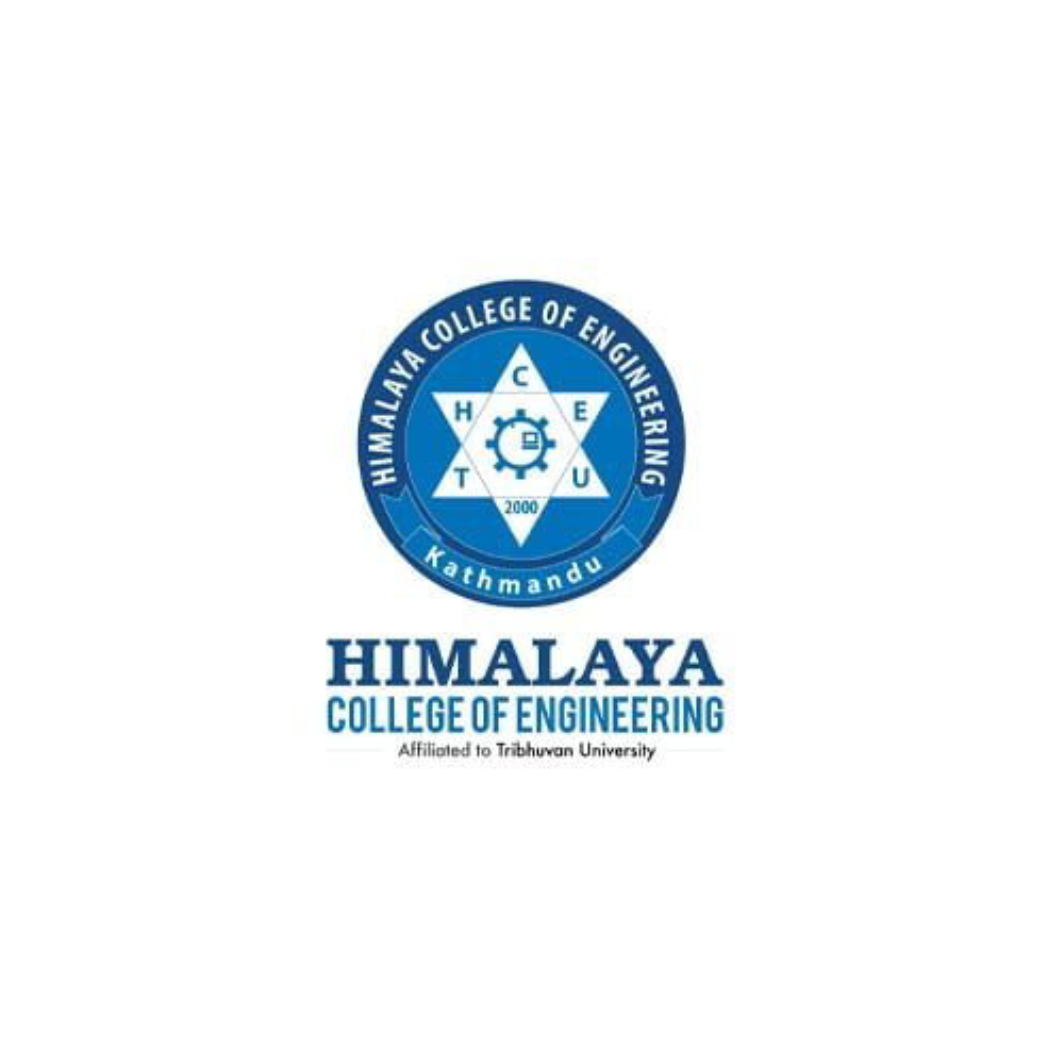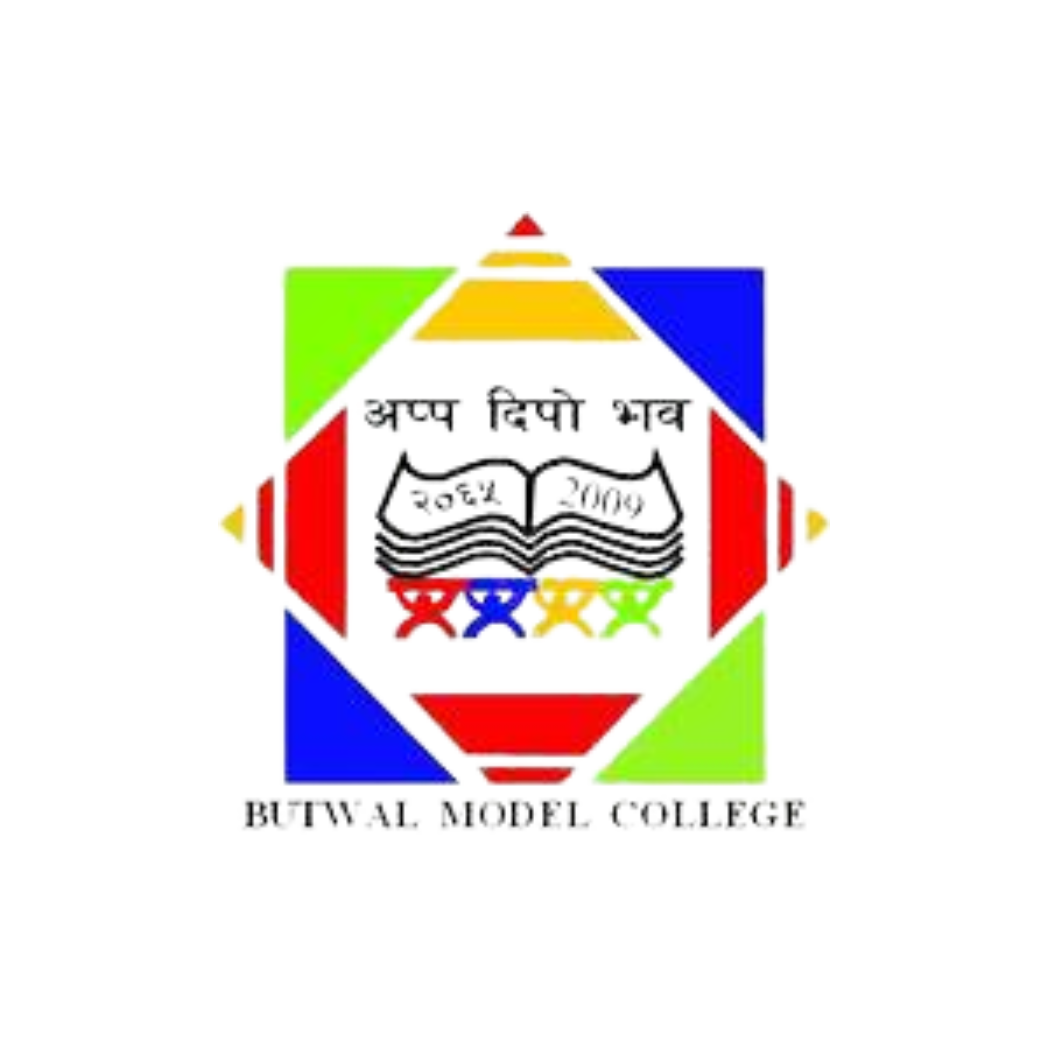
What to Expect and How to Prepare for the MBS 2nd Semester Syllabus?
The Master in Business Studies (MBS) program at Tribhuvan University offers you a comprehensive foundation in business principles and practices, preparing you for leadership roles in various sectors. The program covers financial management, human resource management, production and operations management, and business environment analysis.
You will engage in rigorous coursework, case studies, and project work, focusing on critical thinking, problem-solving, and decision-making skills. The program is flexible and designed to develop you into a competent, ethical, and socially responsible business leader.
Kathmandu Model College (KMC) is a premier institution in Kathmandu, offering a Master of Business Studies (MBS) program that is renowned for its challenging curriculum and practical assignments. The program prepares you with essential skills and knowledge to excel in today’s competitive business environment.

KMC’s curriculum at Tribhuvan University (TU) is theoretically grounded in management education and hands-on in business management practices. The college covers a wide range of subjects, including accounting, finance, marketing, management, economics, and organizational behavior.
KMC’s shared vision with TU ensures you receive a quality education aligned with industry standards, fostering your professional growth and enabling you to make meaningful contributions to the global business community.
Importance of the 2nd Semester in the MBS Program
The second semester of the Master in Business Studies (MBS) program at Tribhuvan University plays a crucial role in shaping students’ foundational knowledge and skills in business and management.
- The second semester includes critical subjects such as Financial Management, Human Resource Management, and Business Environment. These areas provide you with the essential knowledge needed for understanding advanced business concepts.
- Courses like Production and Operations Management help you develop practical skills in planning, scheduling, and managing business operations, which are crucial for any managerial role.
- The Business Environment course encourages you to think strategically about how external factors such as economic and political environments impact business decisions.
- The curriculum is designed to integrate theoretical knowledge with practical applications. You will engage in case studies and real-world problem-solving exercises, which enhance your analytical and decision-making abilities.
- The comprehensive coverage of key business areas prepares you for specialization in later semesters. This foundational knowledge is critical for advanced courses and research projects.
Core Subjects Of MBS 2nd Semester Syllabus
FIN 510 | 3 hrs | |
MGT 513 | Human Resource Management | 3 hrs |
MSC 516 | Production and Operations Management | 3 hrs |
ACC 517 | Management Accountancy | 3 hrs |
MGT 518 | Business Environment | 3 hrs |
Financial Management (FIN 510)
In the Financial Management course, students learn essential financial principles and practices crucial for making informed financial decisions. This course is designed to enhance students’ understanding of financial management in a corporate setting.
Students evaluate long-term investment opportunities, learning techniques like Net Present Value (NPV) and Internal Rate of Return (IRR). The course covers the analysis of financial statements to understand the financial health of an organization.
Students study the relationship between risk and return, focusing on how to manage and mitigate financial risks. This topic explores the optimal mix of debt and equity financing for a company. Students learn strategies to manage short-term assets and liabilities to ensure the company remains liquid.
Human Resource Management (MGT 513)
The Human Resource Management course provides students with the skills and knowledge necessary to manage an organization’s human resources effectively. This course covers various HR functions and their impact on organizational success.
Students learn about attracting, selecting, and hiring the right talent. The course emphasizes the importance of employee development and how to design effective training programs. Students explore methods for evaluating and improving employee performance.
Strategies for designing competitive compensation packages that attract and retain employees are discussed. Students learn how to maintain healthy employee relations and manage workplace conflicts.
Production and Operations Management (MSC 516)
The Production and Operations Management course teaches students how to manage the production processes and operations of a business efficiently. The focus is on optimizing processes to improve quality and productivity.
Students learn how to align operations with the overall business strategy. The course covers designing efficient production processes and workflows. Students explore techniques for maintaining and improving product quality.
Methods for managing inventory levels to balance costs and service levels are examined. Students learn about managing the supply chain to ensure timely delivery of products and services.
Management Accountancy (ACC 517)
The Management Accountancy course aims to equip students with the skills to use accounting information for managerial decision-making. It covers various accounting tools and techniques essential for internal business decision processes.
Different costing methods and their applications in decision-making are taught. Techniques for preparing budgets and financial forecasts are covered. Methods for analyzing deviations between actual and budgeted performance are explored. This topic examines how costs are assigned to products and services based on activities. Students learn to use financial information to plan and control business operations.
Business Environment (MGT 518)
The Business Environment course provides students with an understanding of the external factors that impact businesses. It focuses on analyzing various environments in which businesses operate, both locally and globally.
Students study economic factors like inflation, interest rates, and economic growth that influence business operations. The course covers the impact of political decisions and legal regulations on businesses.
Students learn about the influence of social and cultural factors on consumer behavior and business practices. The role of technology in shaping business strategies and operations is examined. Students explore the challenges and opportunities of operating in a global business environment.
These core subjects in the second semester of the MBS program equip students with the foundational knowledge and skills necessary for advanced studies and professional success in the field of business management. later semesters. This foundational knowledge is critical for advanced courses and research projects.
Objectives of MBS 2nd Semester Syllabus
Here are the objectives of MBS 2nd semester:
Equip students with skills to manage and analyze an organization’s financial resources effectively.
Enhance understanding of financial planning, investment strategies, and financial decision-making.
Provide knowledge on recruitment, training, development, and workforce management.
Prepare students to handle organizational behavior and HR functions efficiently.
Teach students about planning, scheduling, and controlling production activities.
Practical Exposure and Internship Opportunities Provided By MBS 2nd Semester
The Master in Business Studies (MBS) program’s second semester at Tribhuvan University offers numerous opportunities for practical exposure and internships, which are integral to the academic curriculum. These components are designed to bridge the gap between theoretical knowledge and real-world application, ensuring that students are well-prepared for their future careers in business and management.
Internships and Projects
Internships
In the MBS 2nd semester, internships play a vital role in providing students with practical exposure. These internships allow students to work in real-world business environments where they can apply their academic knowledge and gain hands-on experience.
During internships, students engage in various business operations, from financial analysis to human resource management. This experience is crucial for understanding the practical applications of theoretical concepts learned in the classroom. Internships enable students to build connections with industry professionals, mentors, and peers.
These networks are invaluable for future career opportunities and professional growth. Managerial communication is a significant focus in the MBS 2nd semester, emphasizing developing effective communication skills crucial for business success. Students practice various forms of communication, including report writing, presentations, and interpersonal communication.
These skills are essential for managing teams, leading projects, and effectively interacting with stakeholders. Students enhance their ability to communicate effectively in a business context through real-world scenarios and role-playing exercises, preparing them for managerial roles.
Research Projects
Research projects in the MBS 2nd semester help students develop critical analytical skills and apply research methodologies to solve business problems. Students conduct in-depth research on specific business topics, analyze data, and present their findings.
This process enhances their ability to identify problems, generate solutions, and make informed decisions. Completing research projects strengthens students’ academic credentials and prepares them for careers in academia, consulting, or industry research positions.
Case Studies and Real-world Applications
The MBS 2nd semester heavily incorporates case studies, which are essential for understanding real business challenges and learning from actual company experiences. By analyzing real-world business scenarios, students develop critical thinking and problem-solving skills.
They learn to apply theoretical knowledge to practical situations, enhancing their understanding of business dynamics. Case studies provide insights into successful strategies and common pitfalls in various industries, helping students understand the complexities of business operations.
The curriculum emphasizes real-world problem-solving, preparing students to tackle actual business issues effectively. Students participate in projects that simulate real business challenges. They work in teams to develop strategies and implement solutions, gaining practical experience and honing their collaborative skills.
Real-world problem-solving often requires integrating knowledge from multiple business disciplines, such as finance, marketing, and operations. This interdisciplinary approach ensures that students are well-rounded and capable of addressing complex business problems.
The MBS 2nd semester provides comprehensive practical exposure through internships, managerial communication activities, research projects, case studies, and real-world problem-solving exercises. These opportunities are designed to enhance students’ practical skills, prepare them for professional challenges, and ensure they are well-equipped to succeed in their careers.
Evaluation Methods In MBS 2nd Semester
Kathmandu College’s Master in Business Studies (MBS) program uses various evaluation methods to assess students’ understanding, skills, and competencies. These methods include written exams, assignments, projects, case studies, presentations, class participation, and internship reports.
Written exams test students’ understanding of core subjects like Financial Management, Human Resource Management, Production and Operations Management, Management Accountancy, and Business Environment. These exams include objective and subjective questions to assess students’ knowledge breadth and depth, analytical skills, and ability to articulate their understanding.
Assignments and projects involve students applying theoretical concepts to real-world scenarios, fostering independent research and critical thinking. Group projects involve collaborative efforts to solve complex business problems, while research projects evaluate students’ ability to conduct in-depth research, analyze data, and present findings.
Case studies allow students to apply theoretical knowledge to practical business situations, assessing their problem-solving and critical thinking skills. Presentations evaluate students’ communication and presentation skills. KMC’s MBS program offers a comprehensive evaluation of students’ knowledge, skills, and competencies, ensuring they are well-prepared for both academic and professional challenges.
Comparison with Other Programs
The Master in Business Studies (MBS) program at Tribhuvan University (TU) offers a unique blend of international standards and localized relevance. The program covers core subjects like Financial Management, Human Resource Management, Production and Operations Management, and Business Environment, preparing students for careers in diverse international markets.
It also incorporates global business trends and strategies, ensuring graduates are well-prepared for international competition. TU’s MBS program mandates internships and real-world projects, aligning with global standards. The program also maintains a rigorous academic environment, offering a syllabus frequently updated to meet evolving business needs and international standards.
TU’s unique features include localized content, relevance to Nepali business, flexibility and accessibility, community engagement, and a strong emphasis on ethics and social responsibility. This combination of global competitiveness and localized relevance makes it a robust option for aspiring business leaders in Nepal.
Frequently Asked Questions
Students will develop the ability to make informed financial decisions, understand financial statement analysis, evaluate investment opportunities using techniques like NPV and IRR, and manage financial risks and short-term assets.
The course equips students with skills in talent acquisition, employee development, performance evaluation, compensation design, and employee relations management, preparing them for effective HR functions in organizations.
Students learn to design efficient production processes, improve product quality, manage inventory levels, and ensure smooth supply chain operations, aligning these with overall business strategies.
The course covers various costing methods, budgeting techniques, variance analysis, and activity-based costing, enabling students to use accounting information for planning, controlling, and decision-making purposes.
Students analyze economic, political, social, cultural, and technological factors that impact businesses, with a focus on understanding both local and global business environments.
